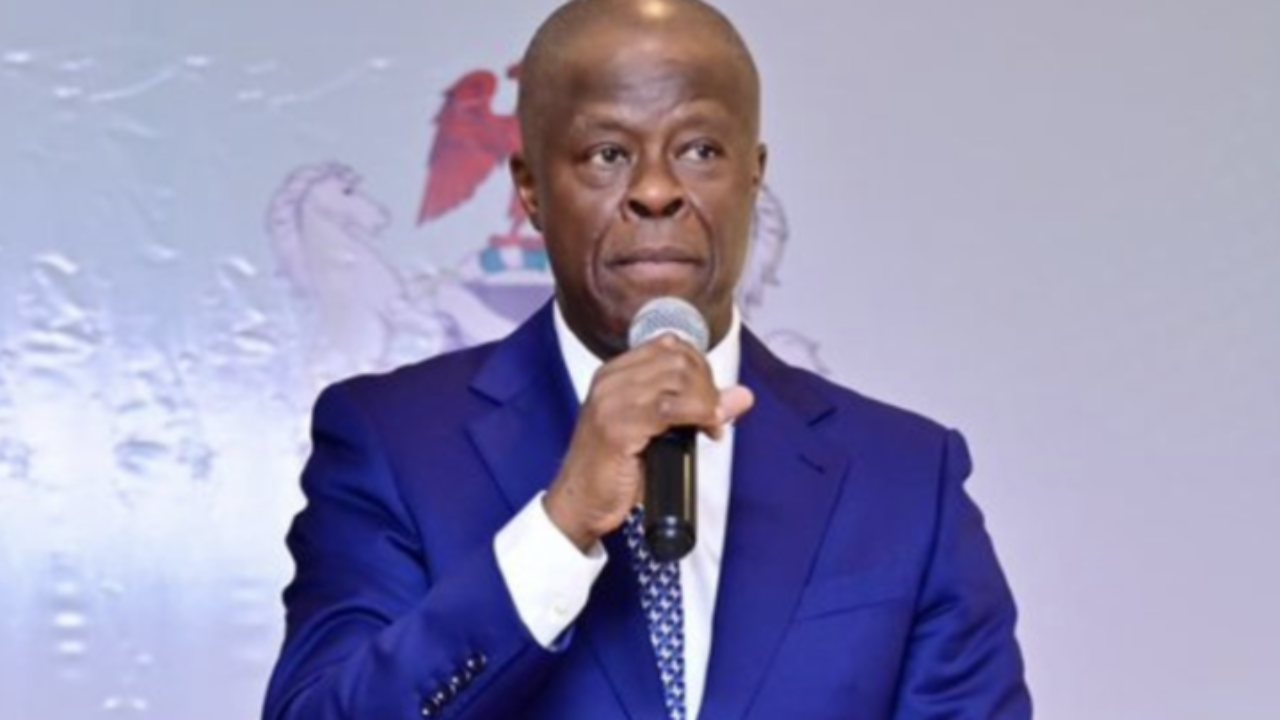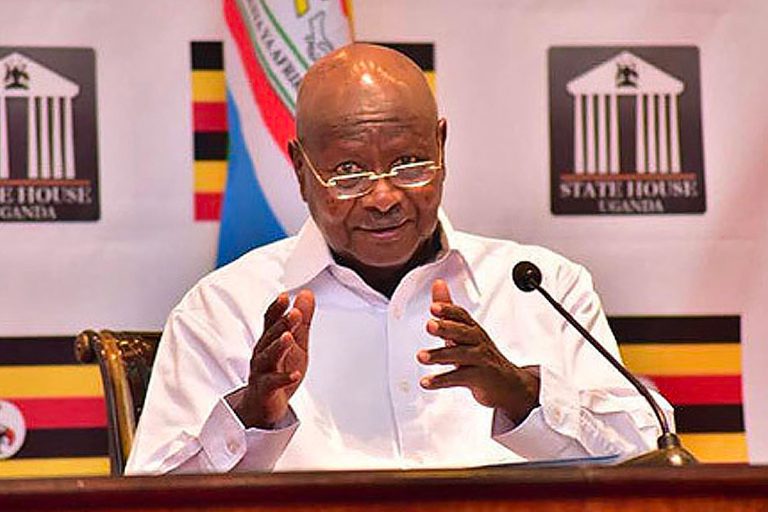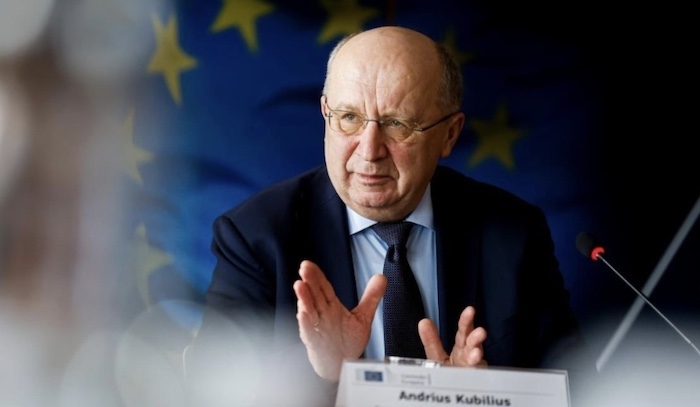
The Minister of Finance and Coordinating Minister of the Economy, Wale Edun, says President Bola Ahmed Tinubu’s economic policies have placed Nigeria “firmly on the right path,” pointing to improvements in key economic indicators, including a drop in food prices and stabilisation of the exchange rate.
In a statement titled “Nigeria Turns Towards Prosperity”, published by Bayo Onanuga, Special Adviser on Information and Strategy to the President, and shared by the Finance Ministry, Edun noted that while the country has made clear progress, it still faces “tough realities” that require discipline and sustained reform.
From Crisis to Stability
According to Edun, Nigeria’s economy was in severe distress when President Tinubu assumed office in 2023, with multiple exchange rates, fuel subsidies, and low investor confidence threatening collapse.
Two years later, he said, the macroeconomic picture shows “clear signs of recovery.”
- GDP growth stood at 4.23% in the second quarter of 2025.
- Inflation moderated to 18.02% after six straight months of decline.
- The exchange rate has largely stabilised, with the gap between the official and parallel markets narrowing to just 1% from nearly 70%.
- Foreign reserves have risen above $43 billion, the highest since 2019.
“These are more than statistics, they represent the foundation for inclusive growth that benefits every Nigerian,” Edun said.
Food Prices and Support for Households
Acknowledging that Nigerians still feel the pinch of high living costs, the minister said targeted interventions are beginning to ease the burden, particularly on food prices.
“A bag of rice that sold for about ₦120,000 last year now averages around ₦80,000,” Edun stated, adding that the prices of garri, pepper, tomatoes, and other essentials have also dropped.
He explained that the government is balancing price relief with support for smallholder farmers, ensuring they remain motivated to plant in the coming season.
So far, 8.1 million households have received direct cash transfers under the administration’s social support programme, which aims to reach 15 million households once identity verification challenges are resolved.
Debt, Revenue, and Tax Reforms
Edun acknowledged that the government still faces significant fiscal pressure, with debt servicing taking up a large share of revenue. He said the administration is addressing this by expanding the tax base and improving revenue collection efficiency.
He pointed to the Nigeria Tax Act, signed by President Tinubu in June 2025 and effective January 2026, as a key part of the reform. The new framework will introduce a progressive tax regime that protects low-income earners while increasing rates for higher earners.
Complementary initiatives such as the Revenue Optimisation and Assurance Programme (RevOp) are also expected to curb leakages and free up funds for education, healthcare, and infrastructure.
Anchoring Growth in Real Sectors
Edun said Nigeria’s long-term prosperity depends on revitalising sectors that generate jobs and tangible growth.
He listed government efforts to boost oil and gas production, strengthen refinery capacity, support agriculture, and promote investment in manufacturing, technology, and the creative industries.
Major infrastructure projects like the Ajaokuta–Kaduna–Kano gas pipeline and Project Bridge’s 90,000 km fibre network are also underway to improve industrial capacity and nationwide connectivity.
Restoring Confidence and Looking Ahead
Edun said renewed confidence from investors, international partners, and citizens signals that Nigeria is moving in the right direction but warned that sustaining this momentum will require consistency and discipline.
“Our medium-term target is 7% growth by 2027/2028,” he said. “Achieving it will take government action and the full participation of the private sector, entrepreneurs, and citizens.”
He concluded that the ultimate goal of ongoing reforms is to make measurable improvements in Nigerians’ daily lives through better schools, affordable food, reliable power, accessible healthcare, and more jobs for young people.
“Nigeria has turned a decisive corner,” Edun wrote. “If we stay the course, the next decade will be one of shared prosperity and renewed hope.”



